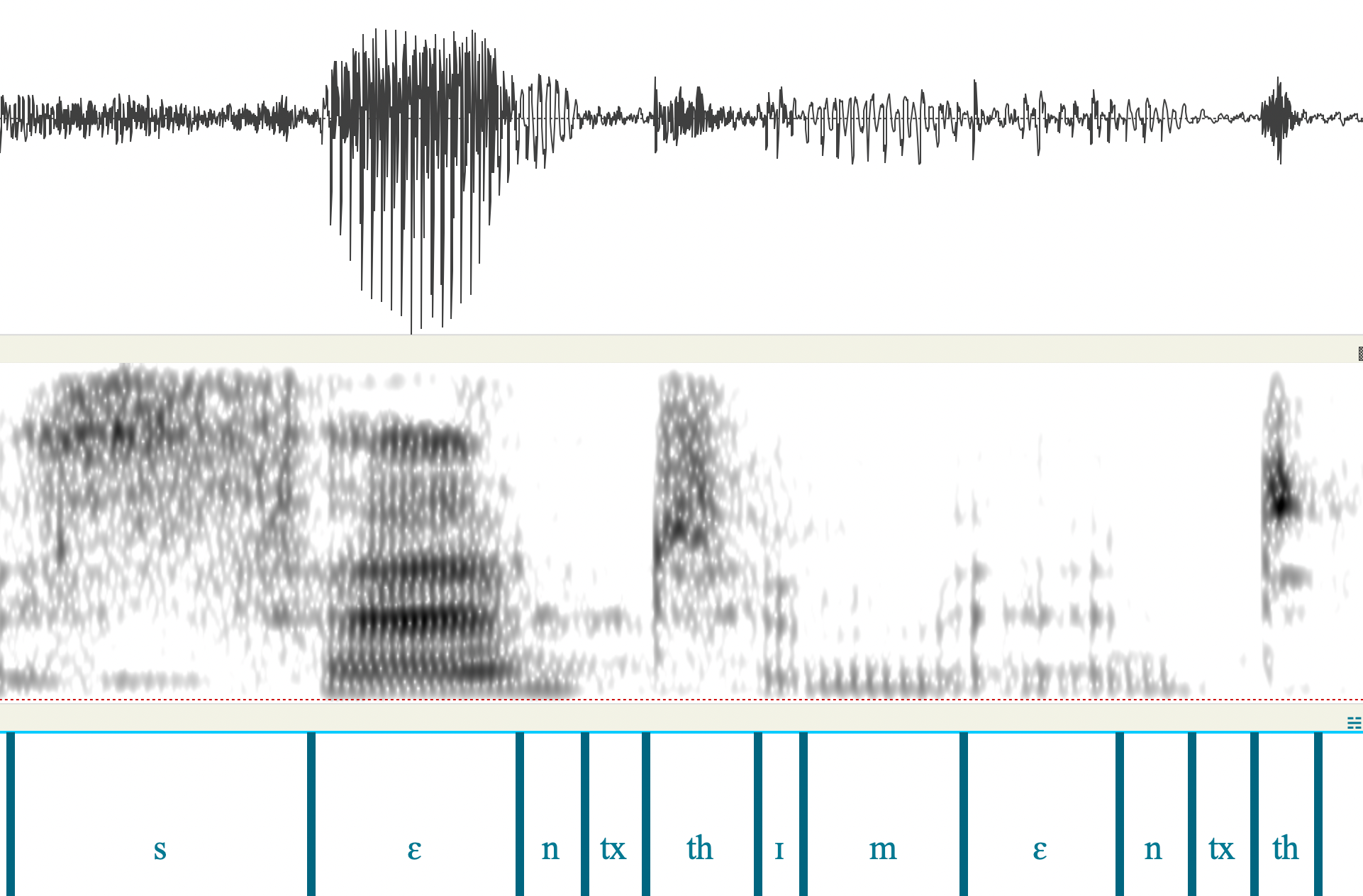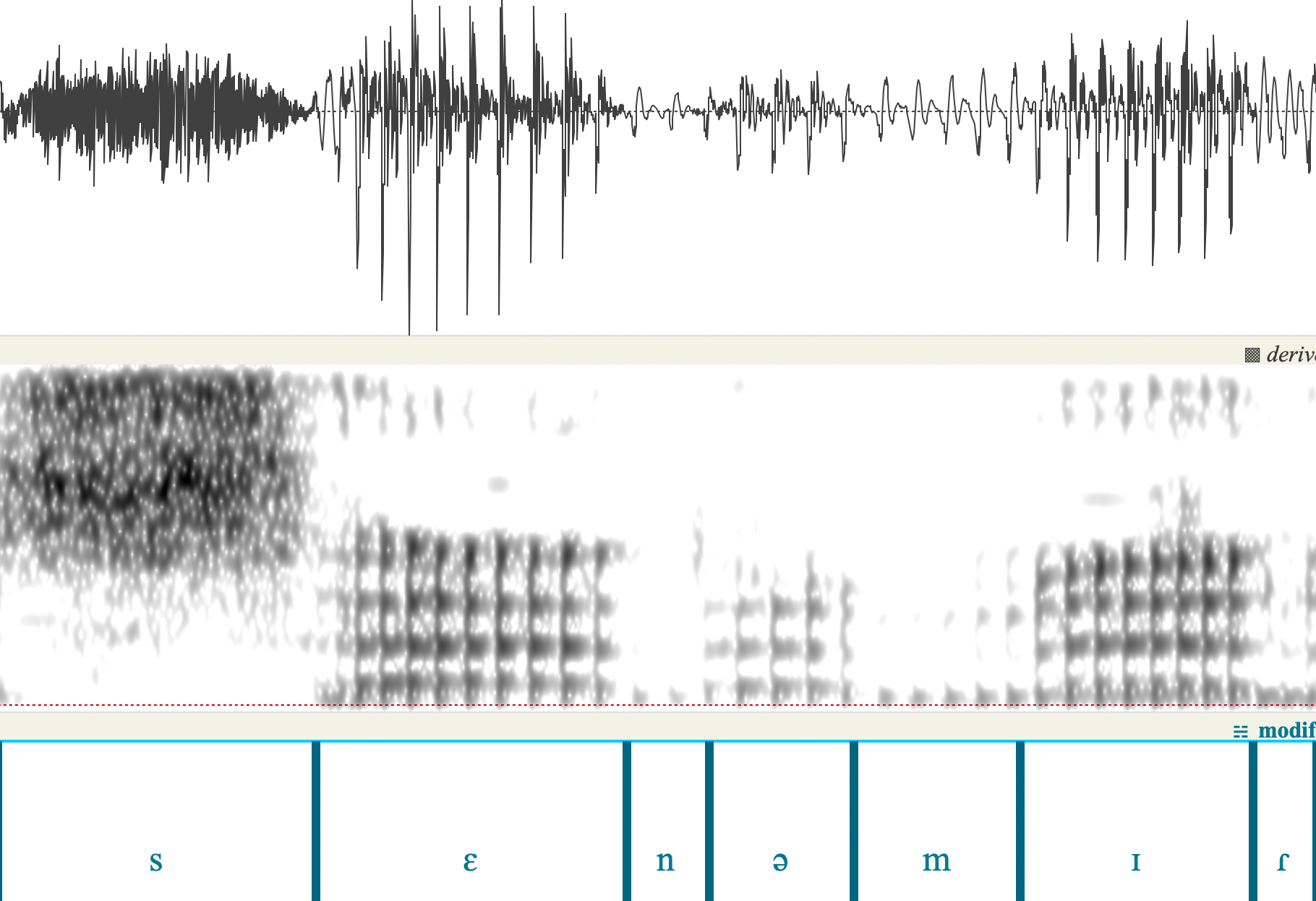The sentiment-laden deluge
Language Log 2024-11-03
Juliana Kim and Miguel Macias, "Satellite images show the devastation from Spain's deadly floods", NPR 11/2/2024 [emphasis added]:
Satellite images show a devastating transformation of eastern Spain, where catastrophic flash floods have killed more than 200 people and upended entire towns.
NASA Earth Observatory captured the image from its Landsat 8 satellite a day after the historic downpour. It showed parts of the eastern province of Valencia submerged in floodwaters. Meanwhile, the channel of the Turia river and the L'Albufera coastal wetlands were filled with the sentiment-laden deluge.
Someone noticed the typo, and NPR has corrected that last phrase to "the sediment-laden deluge". So here's a screenshot of the earlier version (click to see more of the context): 
(There's also been a deluge of sentiment, but that's not visible in satellite images.)
This example lies at the intersection of several questions about such mistakes.
Was it a human error (a Fay-Cutler malapropism of the fingers) or a computer (autocorrect) error? Or was it a mixture of both? Autocorrect errors are often triggered by a slip of the fingers that results in a non-word, or a word that's implausible in context.
Was there a Freudian-slip-like aspect to whatever human action led to the mistake, since the affected region has surely been laden with sentiment as well sediment?
And was there a phonetic aspect, beyond the two words' shared syllable count, stress pattern, and initial and final sound sequences? For most Americans, inter-vocalic non-pre-stress coronal lenition can turn "sentiment" into something very close to "sediment". This could help trigger a psychological word-substitution error — and it might also have an impact on a speech-to-text program, if material is being dictated to one.
A dictionary-ish pronunciation of "sentiment" sounds (and looks) like this, in a quote from Nancy Pelosi found in the NPR story "Debate over health care gets more intense", 7/23/2009:
Your browser does not support the audio element.
But it- there was definitely sentiment in the meeting that members wanted to get this done.
Zeroing in on the word "sentiment", and looking between the first and second syllables, we see a clear nasal murmur, t-closure, and t-aspiration:
Your browser does not support the audio element.
But it's common for the t-related devoicing to be lost, just as it normally is in most American pronunciations of the medial consonant in words like "city" — what we call "flapping and voicing".
You might expect the result to a sequence of /n/ and /d/ (or /ɾ/) . But the velum is just not agile enough to create a clear nasal-oral differentiation in a closure region of about 30 milliseconds, as in this example (spoken by Brian Naylor, from "Conservatives, Progressive Discuss Debt Ceiling", 7/28/2011):
Your browser does not support the audio element.
Taxing the rich was a common sentiment among the signs at the rally
So the result is just a nasal tap. Zeroing in:
Your browser does not support the audio element.
And there's an acoustic as well as articulatory difference between a nasal tap and an oral tap, but it's not a very big difference.
Those two examples were randomly selected from the 2126 occurrences of "sentiment" in the previously-mentioned NPR podcasts dataset, containing 3,199,859 transcribed turns from 105,817 NPR podcasts, comprising more than 10,648 hours.
Actually I looked at 100 instances selected at random, and found the usual gradient spectrum of variants, as usual calling into question the idea that allophonic variation is mediated symbolically. A few other straws in that wind:
"On beyond the (International Phonetic) Alphabet", 4/19/2018 "Farther on beyond the IPA", 1/18/2020 "What IPA means now", 9/28/2022 "Pronunciation evolution", 4/15/2022 "More post-IPA astronauts", 4/16/2022 "'There's no T in Scranton'", 3/10/2024 "Present prison president", 7/28/2024

